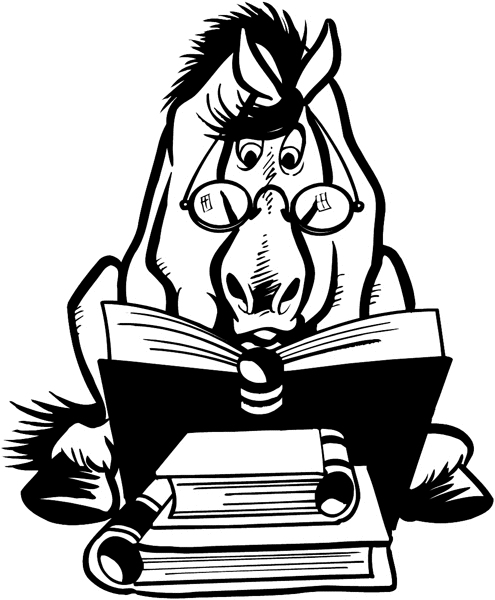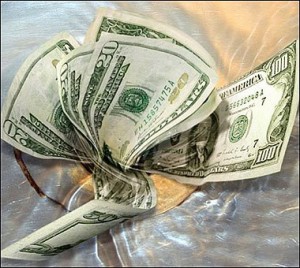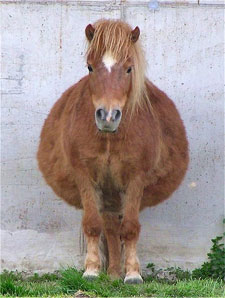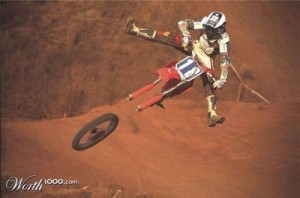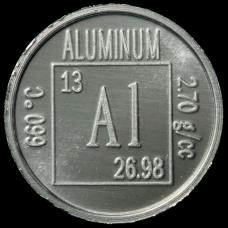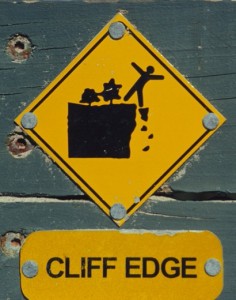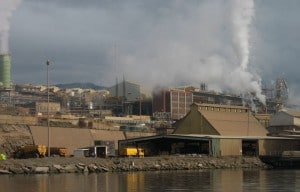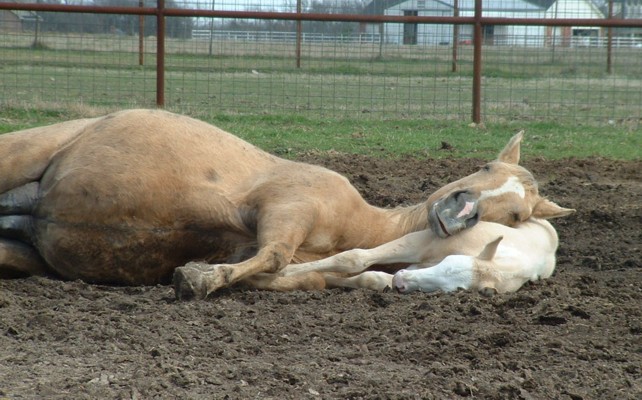I am going to assume that you have heard the story of Goldilocks and the Three Bears.
If not, here’s a refresher.
Unless you’re just overly blessed with excessive free time, there’s no real reason to hear the story again. But this little story relates to nutrition for your horse. Here’s how.
When it comes to your horse’s body, nutrients can be supplied in one of three ways.
1. Too much (too hot)
2. Not enough (too cold)
3. Juuuuusssst right! More on this in a bit.
Even though we’re relating nutrition to a children’s story, nutrition is no fairy tale (although some of the claims made for various nutritional products may be). Even though biochemistry and how the horse’s body processed nutrients are very complex topics that are heavily studied, and there’s always more to learn, horse bodies react in very predictable ways to nutrients. Here’s how.
TOO MUCH
If a body gets too much of a nutrient, it only does one of three things with it.
1. It gets rid of it. When many nutrients are supplied in excess of what the horse needs, the body doesn’t bother keeping them around. The horse’s body just dumps them out. So, for example, if you give your horse a big shot of vitamin C, the horse’s body merely gets rid of it (in the urine). A horse already has plenty of vitamin C. The horse makes all of his own vitamin C. You couldn’t make a horse deficient in vitamin C if you tried. If there’s too much of it (whatever “it” is), and the horse’s body doesn’t need any more, the horse often tries to get rid of it. So, in the case of vitamin C (and several other nutrients), if you’re giving it to your horse, you might as well just take the money you spent on it and flush it down the drain.
2. It stores it. As anyone who eats too much knows, there are consequences to eating too much. When you eat too much, you take in more calories than you need. The body – ever vigilant for times of famine, plagues of locusts, and other calamities – figures that it’s better to store calories than it is to get rid of them. If this goes on long enough, voilà, you’ve got a fat horse!
Horses store calories, too, of course, and fat horses are a serious problem in the horse world. CLICK HERE to read about it.
3. It gets sick from it. Some substances, when given to excess, become toxic. So, for example, horses that lived near zinc smelters, or that grazed in industrial areas where the grasses contained high levels of zinc, have developed zinc toxicity.* They ate too much zinc, the horse’s body couldn’t get rid of the excess, and the horses got really sick.
When it comes to too much of a nutrient, that’s it.
Now here’s the thing. There’s no benefit to be gained from supplying nutrients in excess of what the horse’s body needs. Nutrition is just like the gasoline that runs your car. Your car needs gasoline. But you can flood your car’s engine with too much gasoline. You can add extra gas tanks, but it doesn’t go faster when there is too much fuel; your car just gets heavier, and it costs more to fill up the tank(s).
These are decent analogies, actually.
This applies to a lot of nutritional products. The horse’s body doesn’t use more of something just because you give it more. So, for example, grinding up cartilage and feeding it to a horse does not mean that the horse is going to end up with more cartilage. A horse may need selenium in his diet, but giving him too much can be toxic.
Your horse needs nutrients. Just like a car, if you give your horse excessive levels of nutrients, things do happen, but they’re not necessarily good. Giving levels of nutrients beyond what the horse needs doesn’t help the horse, can cost you lots of money, and can even occasionally hurt the horse. Otherwise stated, giving a healthy horse extra nutrients doesn’t make the horse any healthier.
NOT ENOUGH
Not enough is simple. If there’s not enough of a nutrient, problems happen. Not enough calories? Skinny horse. (CLICK HERE to read my article on Skinny Horses.) Not enough vitamin A? Lots of problems, including skin and eyes.
NOTE: If your horse eats anything that contains the color green, he is getting enough vitamin A. This is not a concern you should have. You probably have enough to worry about anyway. I do.
Not enough vitamin E? Problems with the nervous system. Not enough calcium? Problems with the bones. And so it goes.
Happily, most horses are able to get most everything that they need on a few simple ingredients – good forage, good water, and some access to salt. The fact that a horse can get so much from so little makes sense, actually. You’re not going to have a successful biological system (as horses – in some way, shape, or form – have been for millions of years) if that system has a requirement for some nutrient that is so precise that it can’t be obtained relatively easily. It wouldn’t do horses very much good if they had to run around looking for precise amounts of, say, aluminum in their diets. Horses certainly do have nutritional needs but, happily, those nutritional needs are relatively easy for the horse to fill.
Some nutrients are needed in such small amounts that people don’t even know what they do. But as anyone who looks at labels on supplements intended for horses knows, there are all sorts of other nutrients in feed besides the biggies (biggies like calories, vitamin A, and such). There are nutrients for which the requirements are very small; because of the very small requirements, they are called
micronutrients. Micronutrients are things like cobalt and aluminum and molybdenum (go ahead, look it up, I spelled it right). Micronutrients are essential dietary elements that are needed only in very small quantities (hence, micro-). Not enough of those things and…. and…. and….. um.
For many of the micronutrients, nobody really knows what happens when a horse’s diet become deficient in them, mostly because it’s pretty much impossible to make a horse’s diet deficient in them. As long as your horse is getting enough food to keep his ribs from looking like a washboard, you really don’t have to worry about a manganese deficiency. So, please, don’t lose any sleep over the possibility of your horse running into some nutritional problem because he doesn’t have enough, say, aluminum in his diet. Furthermore, if someone tells you that your horse might have an aluminum deficiency, stop talking to that person immediately.
The bottom line is that if there is not enough of a nutrient, the horse’s body will let you know. Otherwise stated, if a horse seems healthy as – well, healthy as a horse – it’s pretty unlikely that he’s got some nutrient deficiency lurking in the weeds.
JUUUUUSSST RIGHT!
That’s what you’re shooting for. With the right amount of various nutrients, your horse’s body will work great. His coat will be sleek and shiny, he will jump high and run fast, his heart will pump blood; he will be healthy. And, the wonderful thing is, you can usually give your horse the right amount of various nutrients just by feeding him good hay, (and making sure that he has free access to water).
The other great thing is that there’s a range of “just right.” These requirements aren’t super precise, and, as I mentioned earlier, it wouldn’t make a lot of sense if they were. It’s not critical to go about measuring nutrient levels in feed that looks good. As long as a horse is getting enough of various nutrients – and good-quality forage based diets generally do just that – the horse’s body will sort things out.
BUT HOW DO I KNOW?
Here’s a little tip. If you horse looks good, and feels good, all is almost undoubtedly good. He’s not on the edge of a nutritional cliff, waiting for the moment when an inadequate daily dose of dietary copper is going to make him plunge to his death. If your horse is in proper body condition – where you can feel his ribs easily, but not see them – then the chances of there being something wrong are pretty remote. And besides, as I discovered in research that I did in 2011, popular nutritional supplements generally don’t contain enough nutrients to make up a difference anyway (CLICK HERE to read about that).
The Goldilocks effect is real. There’s no reason to give too much of anything to your horse and problems can develop if you do. If you’re not giving enough of something, he’ll let you know soon enough. That’s nutritional information that’s juuuussst right.
************************************************************************
* I’m sure there are plenty of other considerations that may make you want to move besides worrying about your horse, if you live next to a zinc smelter.

